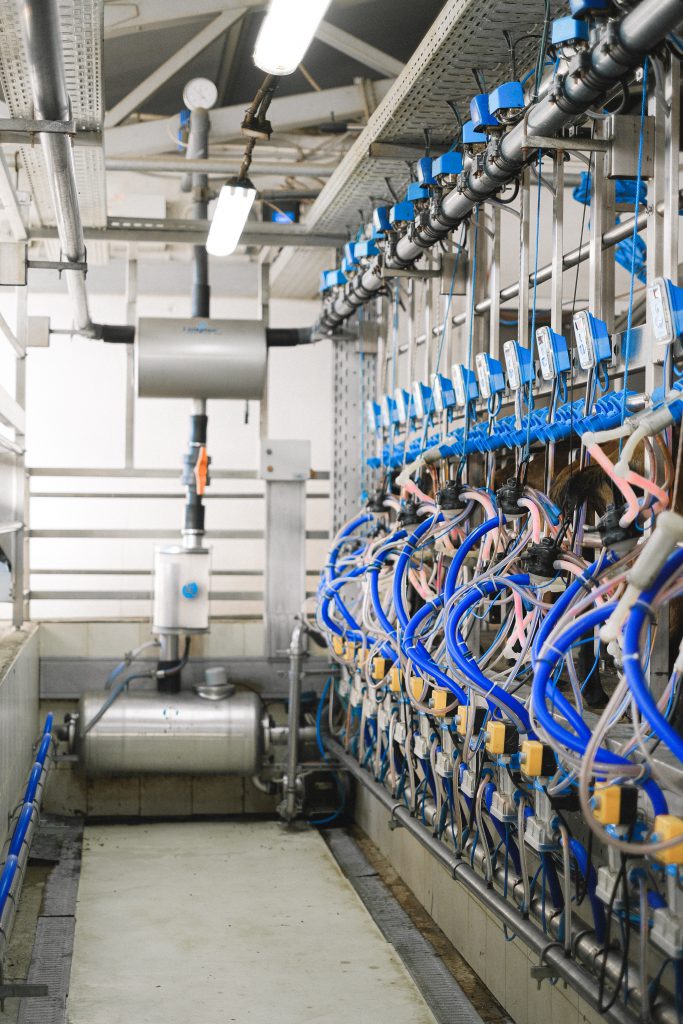The UPS batteries are one of the core elements of UPS System which ensures that the equipment downtime is prevented. It is a perfect solution to enable continuous power supply. Proper maintenance of UPS batteries is important so as to ensure that maximum battery life is achieved and the device is protected against power surges and to avoid the situations of power cuts and outage.

Maintenance of UPS batteries involves understanding of various factors that reduce battery life span and also understanding the tips that would help improve UPS batteries life span. Below are some of the factors that causes reduced life span of batteries:
- Temperature: One of the important factor which causes reduced battery lifespan is exposing the batteries to excessive temperature. The appropriate temperature for UPS batteries is between 19 to 22 degree Celsius.
- Cycling Frequency: When a power failure happens, the UPS operates on a battery power. The battery completes a cycle when it is charged and discharged once. Each discharge and subsequent recharge affects the relative capacity of a battery
- Lack of regular maintenance: When the batteries are not properly maintained from time to time, it can lead to improper loading and reduced protection.
- Chemical Composition of Batteries: This is another factor which reduces the battery power.
Improving the UPS Battery Span
It is important to understand the UPS battery behavior and taking proper measures to help improve its life span such as keeping an eye on the temperature to which battery is exposed and keeps it ambient, having knowledge about the cycling frequency and avoiding common installation errors such as impaired post seals, absence of vent caps etc. For example: As far as cycling life is concerned, the UPS batteries should be fully discharged every 2-3 months. After a full-load discharge, the UPS batteries should be recharged for more than 8 hours.
Apart from the above, regular inspections and testing, using energy saving devices and keeping substitute batteries which would be charged at regular intervals are essential points to consider for improving the battery life span. It is to be ensured that the substitute batteries are not left unused for a long period of time. The appropriate time of storage of batteries is 12 months but they must be charged at regular intervals (in every 3- 4 months). Using energy saving device which would be connected to UPS consumes less power than regular electrical devices which helps the UPS temperature to be in control thus helps in improving battery life span.
It is not that the UPS batteries would not need any kind of replacement but replacing it before the manufacturer mandated time would be a bad investment. Therefore, it is imperative to monitor the UPS batteries from time to time and identify the need for maintenance or replacement. It is a good practice to consult an expert and take their assistance on the status of your UPS batteries.
Get more information here on the tips to improve battery life by an interesting infographic guide created by team at Power Protect.
Read More:
- Latest tech gadgets in 2023 you didn’t use before
- 5 Proven Mediums for Upgrading Your Writing Skills
- All You Need to know about Cyber Security Certification Training
- Top Informative Android Blogs to Follow in 2023
- 15 Best Apps for IELTS Preparation 2023
- How to Become a Cyber Security Architect in 2023
- 10 Essential Strategies for Successful Digital Marketing
- Should I Hire a Car Accident Attorney?
- Why Is Network Cabling Important?
- How To Calculate ROI Of Manufacturing ERP Software
- 5 Reasons Businesses Need a Digital Marketing Strategy in 2023
- This 6-Step Graphic Design Process Drives Results
- 10 Best Gaming Laptops Under $1500
- The Top 10 Tips For Hiring Python Developers
- How Does Email Marketing Help to Grow Your Business?
Guest Blogger. Digital Marketing Specialist. 9+ years of experience in SEO, SMO/SMM, PPC, ORM, and YouTube.